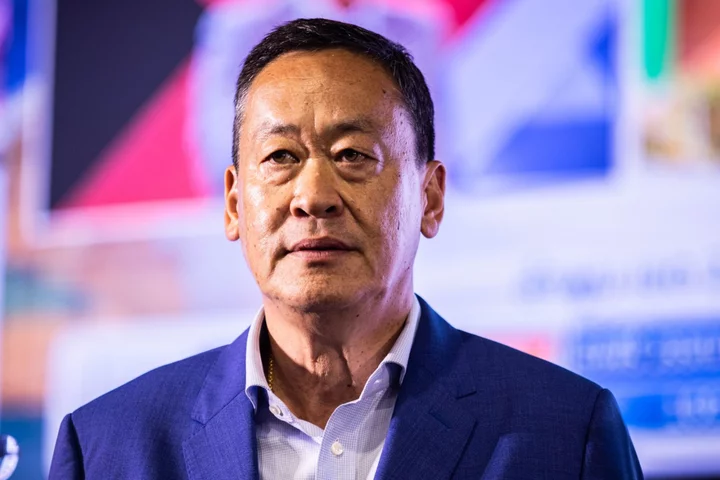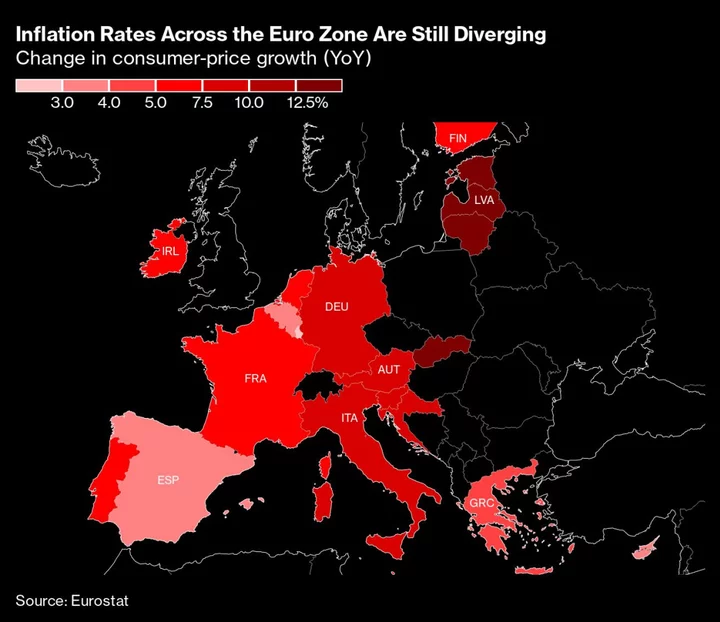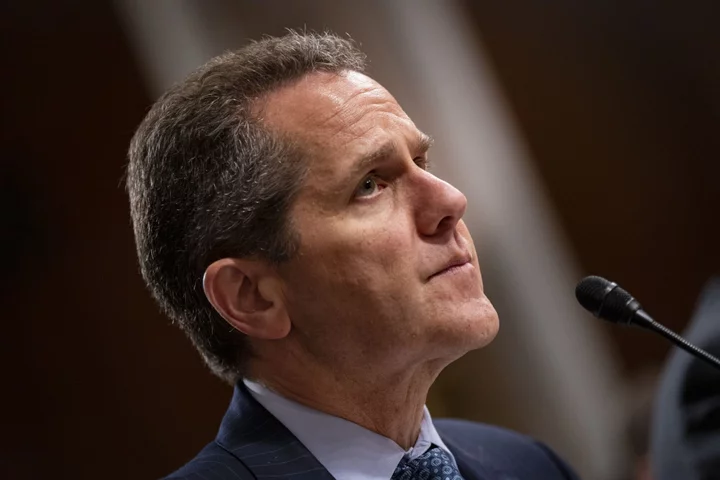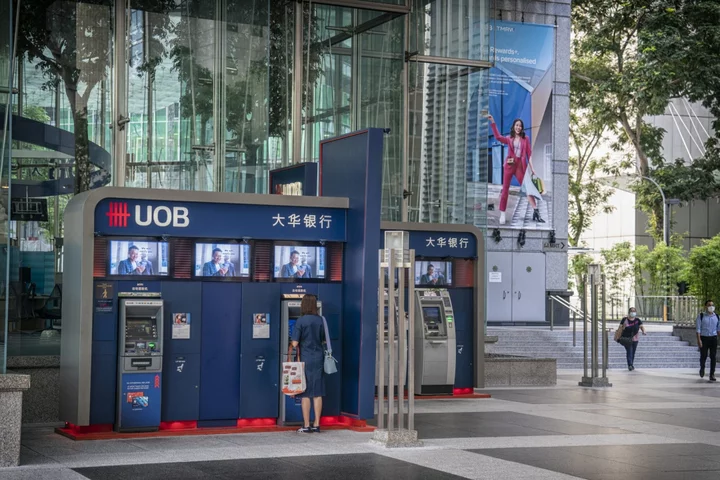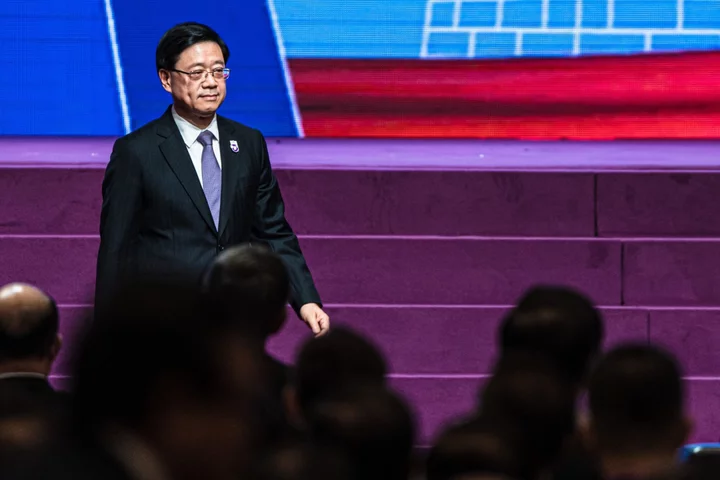A coalition of Thai political parties seeking to form the next government pledged to stimulate the economy through a mix of cash handouts and fiscal measures, as it laid out its policy priorities ahead of a parliament vote to elect a new premier.
The 11-party alliance plans to roll out “policies to stimulate economic growth as soon as possible,” Cholnan Srikaew, leader of Pheu Thai party that heads the group, told reporters on Monday. A payment of 10,000 baht ($284) each to all Thais aged 16 and above through digital wallet, higher minimum wages and crop prices will be prioritized, he said.
The measures, part of Pheu Thai’s pre-poll promises, are aimed at reviving growth in an economy expanding at one of the weakest pace in Southeast Asia. Data Monday showed gross domestic product grew 1.8% in the second quarter, missing analysts estimate for a 3% growth and prompting authorities to slash the 2023 forecast to a range of 2.5% to 3% from 2.7%-3.7% seen previously.
The $500 billion trade- and tourism-reliant economy faces headwinds from a slowdown in China, which has hurt Thai exports, and also a slow return of Chinese tourists.
The coalition on Monday inducted Palang Pracharath, a party headed by former army chief Prawit Wongsuwan, taking the bloc’s strength to 314 in the 500-member House of Representatives. Palang Pracharath, which has 40 lawmakers, had backed outgoing Prime Minister Prayuth Chan-Ocha in the 2019 election.
Srettha Thavisin, the bloc’s prime minister candidate, will seek parliament endorsement on Tuesday, but his fate rests on the military-appointed Senate, whose 250 members vote in a joint assembly alongside the lower house. The addition of Palang Pracharath and United Thai Nation, both military-backed groups, may help the coalition win over the backing of the Senate for Srettha.
Read More: Property Tycoon Bids to Emerge From Turmoil as Thailand’s Leader
Cholnan said the coalition expected Srettha to sail through the vote as it was confident of enough support from the Senate. The alliance partners have also agreed on a broad division of ministries with Pheu Thai getting eight slots and Bhumjaithai party, the second-largest member of the bloc, getting four cabinet positions, he said.
Second-placed Pheu Thai cobbled together a coalition after election-winner, Move Forward Party’s Pita Limjaroenrat, was previously blocked from becoming prime minister largely due to his pledge to amend the royal insult law and other reformist agendas.
--With assistance from Anuchit Nguyen and Suttinee Yuvejwattana.
(Recasts throughout.)
Author: Patpicha Tanakasempipat, Pathom Sangwongwanich and Anuchit Nguyen

